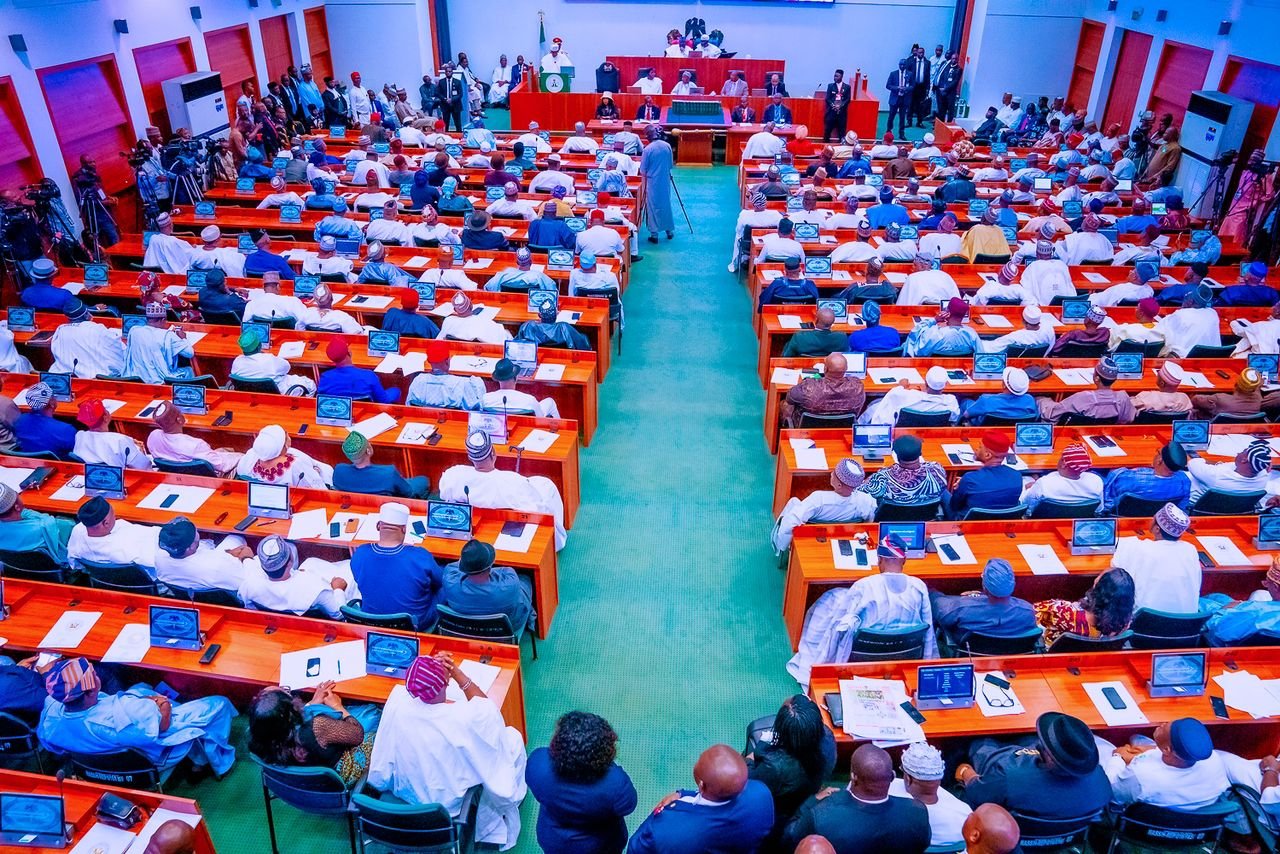
A bill aimed at repealing the Violence Against Persons (Prohibition) Act, a legislation focused on combating gender-based violence in Nigeria, has progressed to the second reading in the Senate. The bill is now under review by the Senate Committee on Judiciary, Human Rights, and Legal Matters, with a report expected within six weeks.
Sponsored by a senator representing Kogi East, the bill seeks to address perceived shortcomings in the current law by proposing amendments. The senator argues that the existing law has substantial drafting challenges and lacks comprehensive provisions necessary for effective justice dispensation.
Key concerns raised about the current Act include issues related to gender bias, drafting challenges, inadequate punishments, unclear rape definitions, lack of victim compensation provisions, jurisdictional confusion, and outdated references.
The bill proposed by Senator Jibrin Isah intends to introduce the Violence Against Persons (Prohibition) Bill, 2024, which aims to eliminate violence in both private and public domains, prohibit all forms of violence against persons, provide maximum protection and effective remedies for victims, and ensure offenders face appropriate consequences.
The original Violence Against Persons (Prohibition) Act was signed into law by a former President before leaving office, with the objective of prohibiting all forms of violence against individuals in private and public settings, ensuring victim protection, and holding offenders accountable.
Despite the enactment of the VAPP Act in 2015, reports indicate that several states in Nigeria have yet to domesticate the law, raising concerns about its full implementation across the country.
The bill proposing the repeal of the VAPP Act has sparked debates among Nigerians, with many expressing worries that such a move could undermine the progress made in safeguarding human rights. Some advocate for amendments to strengthen the existing law rather than a complete repeal.
Public Reactions to the Bill:
The VAPP Act has been one of the few good things about the Nigerian state. It protects children from violence and abuse. Repealing it would be taking several giant steps backwards in our journey in building a fair and just society #SaveTheVAPPA #StopRepeal
Just to say a repeal of the VAPP act is very insensitive giving the amount of time that it took for it to get enacted. An amendment is a saner option. A repeal brings the act to an end.
VAPP act is the main act that actually recognizes that men can be rap*d and abused too. I really wonder what goes on in our Senate
It’s not even just women and children… the VAPP is the act that has an expansive definition of rape that even ensures male victims can get justice.
Repealing it is harmful for everybody single person in Nigeria.
Let me get this straight: 23 years ago, lawmakers decided Nigeria needed a law to protect














Leave a Reply